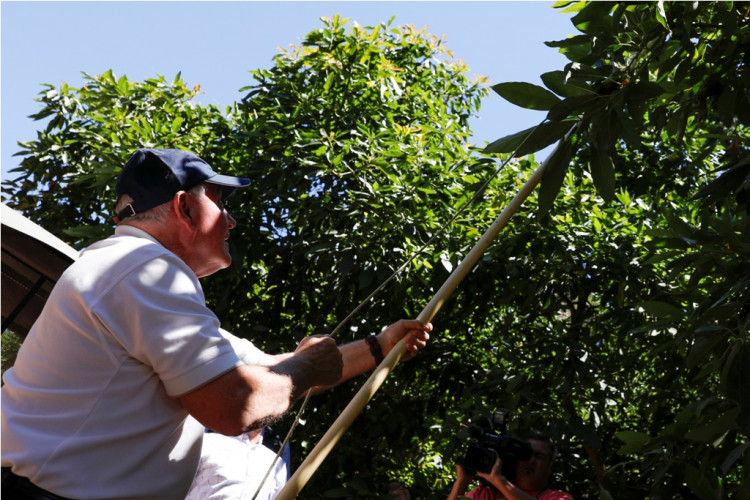Chinese officials confirmed on Sunday that several food enterprises in the country have kicked off communications with American agriculture exporters. Experts said the move was made as part of China's pledge of purchasing more U.S. agricultural products.
According to Xinhua, Chinese firms started communicating with U.S. exporters in a bid to establish agreements about agriculture purchases from American farms. These local companies have also applied for the potential lifting of U.S. tariffs on the goods they plan to buy.
The Customs Tariff Commission under the State Council will review the applications lodged by Chinese companies to determine whether the plea to lift tax duties is applicable at this point.
Industry analysts noted that the push for more U.S. agriculture purchases came after the White House said it is looking to block additional tariffs on around 110 items from Chinese industrial importers.
Beijing said it is hoping that Washington will also keep its part of the pledge that Chinese President Xi Jinping and U.S. President Donald Trump agreed on when they met last month at the G20 Summit in Osaka.
Editor in Chief of the Global Times newspaper, Hu Xijin, said earlier on Sunday that the latest development "is a prominent part from [the] Chinese side as the two countries have signaled goodwill to each other recently," Reuters reported.
Hu further said the rallying of Chinese importers could be an indication that trade talks between Chinese and American delegations will resume anytime soon. Both parties have yet to confirm if negotiators will resume in-person talks.
Last week, it was also revealed that China canceled soybean purchases from the U.S. However, it made up for the canceled order as it made its biggest purchase yet of American sorghum grains in June.
Many economic experts believe China's willingness to fulfill its part in the Xi-Trump agreement will help push for talks on a trade deal to be achieved sometime soon. Other experts further stated that the Chinese government may be toning down a little bit so it will not appear "too hard-line" on the matter.
U.S. Specialist with the Chinese Academy of Social Sciences, Lu Xiang, noted that the Chinese side should still be careful even if the move is a significant show of goodwill from Beijing.
Lu pointed out that the White House "is still very unpredictable," adding that it may be too early to drive high hopes about trade talks to resume until the U.S. makes a confirmation. On the other hand, most Chinese companies and American firms affected by the trade war are looking forward to a resolution to the disputes as soon as possible.





